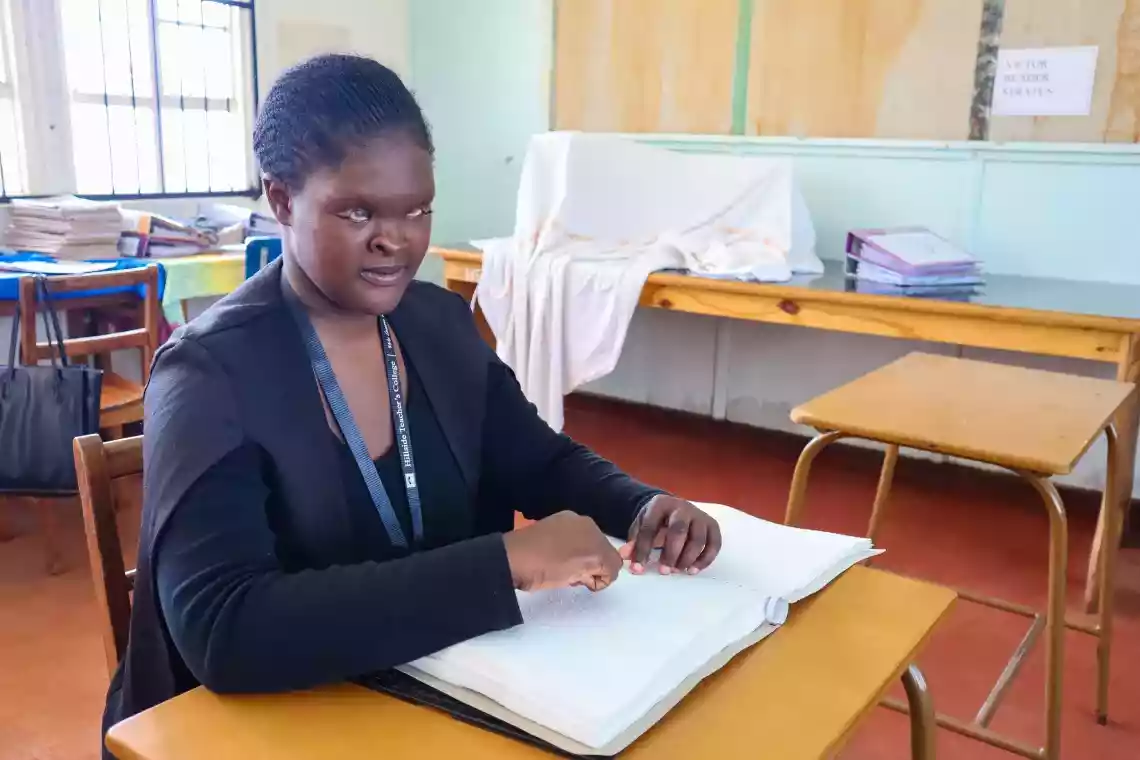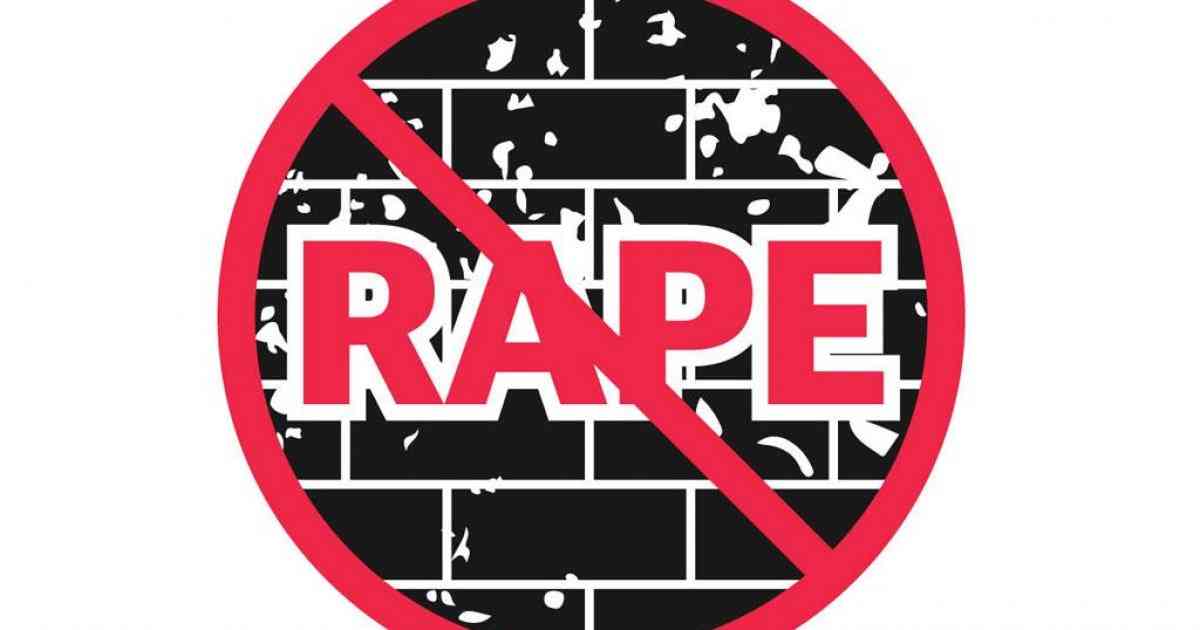
Audrey Mbirimi oozes confidence when she shares her dreams of becoming a top educator and psychiatrist after breaking barriers to enrol in a teaching qualification.
Mbirimi (22), a visually impaired student at Hillside Teachers College in Bulawayo, had to fight hard to get the opportunity to pursue her dream as young people with disabilities like her often struggle to get access to education.
She spent two years at home after completing her A’Levels because her parents could not pay her tertiary school fees until she landed government financial assistance.
“I see myself becoming a professional teacher with a masters’ degree,” she said. “I am also passionate about helping people to overcome their problems and I want to do psychology so that I become a therapist.”
The aspiring English and Geography teacher is one of the beneficiaries of a disability-inclusive parenting model programme by the Ministry of Public Service, Labour and Social Welfare, supported by Unicef’s Child Protection Fund and funded by the Swedish International Development Agency (Sida), which is contributing to the implementation of the National Disability Policy (NDP) in five districts in Zimbabwe.
Through a partnership with the Zimbabwe Parents of Children with Disabilities Association (ZPHCA), the programme seeks to strengthen the capacity of caregivers to advocate for free access to disability-specialised services.
It does this by promoting formal collaboration between health, education, social development, and protection services actors and community-based support groups made up of caregivers of children with disabilities, basing their demands on provisions of the NDP.
In Bulawayo, the ZPHCA has been running advocacy campaigns to empower youths with disabilities to lobby government departments to give them opportunities such as enrolling at tertiary institutions.
- Mavhunga puts DeMbare into Chibuku quarterfinals
- Bulls to charge into Zimbabwe gold stocks
- Ndiraya concerned as goals dry up
- Letters: How solar power is transforming African farms
Keep Reading
Mbirimi’s breakthrough came after being invited to one of the ZPHCA workshops organised with the Department of Social Development (DSD) last year.
“After I finished my A’Levels two years ago I was invited to a workshop by the ZPHCA where we were taught about our rights and advocacy,” Mbirimi said.
“I then approached the DSD, where I told them about my disability, and after assessments, I was offered financial support to do my studies here at Hillside Teachers College.
“This workshop really empowered me. I can go out and tell people with disabilities that there is hope out there.
“There is more to life and indeed the sky is the limit. I want to tell my peers that they must not be hindered by their disabilities because it does not define them.”
She urged young people with disabilities to take advantage of the opportunities as different government ministries have services that can benefit them.
“I would like to thank Unicef and ZPHCA for empowering me and other young adults with disabilities to be a voice of change,” Mbirimi added. “I am grateful for the knowledge and skills that I have gained.”
Sibonginkosi Moyo, a 21-year-old advocate for youths with disabilities from Bulawayo’s Nkulumane high-density suburb, said training by the ZPHCA had empowered her as a young person with albinism.
“As young people with disabilities in Bulawayo we now know where to get services from government departments,” Moyo said.
“I have managed to mobilise youths with disabilities so that we can lobby for various opportunities offered by different ministries and we are in the process of putting together documents that are needed for us to access vital services.
“I call myself an advocacy champion because I am empowered and I also want to start projects to help people with disabilities.”
The programme to implement the disability-inclusive parenting model has been rolled out in Bulawayo, Harare’s Epworth district, Manicaland (Mutasa), Matabeleland South (Beitbridge), and Midlands (Zvishavane).
Tendai Masumba, the ZPHCA field officer for Bulawayo, said the programme had opened doors for parents and caregivers of children with disabilities and youths with disabilities in the city.
Masumba said Mbirimi’s case was one of the success stories as she was the first one to be admitted to a tertiary institution as result of the lobby.
“Advocacy is a process and every day if one person gets what we are advocating for, it is an achievement for us,” she said.
“We are happy that the government ministries or stakeholders that we are targeting are cooperating very well whenever we interface with them on the services the children require.
“We will continue with our advocacy and lobbying until children with disabilities fully benefit from the services that are offered by various government departments.
Masumba said that in Bulawayo, 40 caregivers and youths with disabilities were trained to advocate for access to services such as housing, health, and education in line with the NDP.
Caregivers have trained on disability-positive parenting while community leaders received training on the prevention of stigma and discrimination against persons with disabilities, including children with disabilities, parent-to-parent support and peer-to-peer psychosocial support.
Other achievements, Masumba said, included convincing the Bulawayo City Council to sell housing stands to caregivers of children with disabilities on favourable terms and helping youths with disabilities to obtain identity documents.
The NDP was launched in 2021 to address the marginalisation and discrimination of persons with disabilities in Zimbabwe as well as empower them to improve their quality of life.
According to the Zimbabwe 2022 Population and Housing Census report, the prevalence of disability is estimated to be 9.5 per cent and that makes persons with disabilities a significant part of the population.









